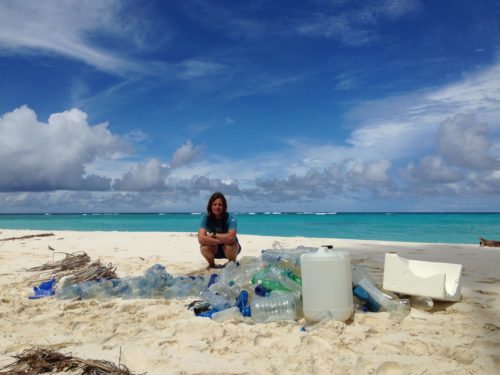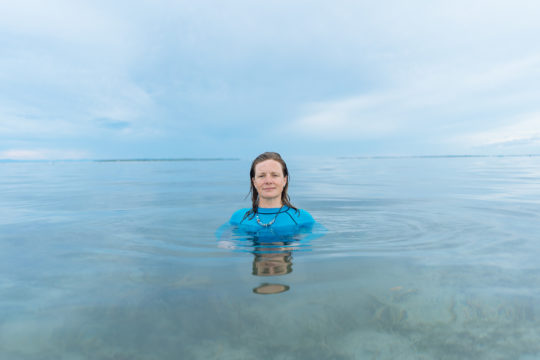A brederowgh bos broyow usi ow tisplegya an gwettha offendyoryon plastek? Brederewgh arta, yn-medh onan a’n pennwodhonydhyon morek ZSL.
G7 nations are the world’s worst polluters, and the solution can lie only with us.
By Mareme Diop

Walking through the plastic-ridden streets of Dakar, Senegal, on a scorching summer’s day, you would be forgiven for believing that the problem of plastic pollution may begin in low income countries. Tiny packets of everyday commodities taken home in black plastic carrier bags is every climate change activist’s nightmare. But what if what we see is not quite the full story? What if they are not the problem?
Studies have shown that G7 nations make and sell more plastic than any other nations, with the US and Europe using over 38.5 million single-use plastic bottles every day. However, despite sophisticated recycling technology at the finger tips of these nations, only half of the consumed single-use plastic is recycled.
I spent some time talking to Heather Koldewey, Senior technical advisor for the Zoological Society of London and resident of Cornwall (host county of this year’s G7 summit). I was keen to get her views as both a well-travelled marine scientist, and resident of a coastal community. Heather was very keen to review and bust some dated myths about single-use plastic in developing and newly emerging economies.
“The US and Europe consume far more plastic per capita than any other African nation. The challenge is a strong link between plastic and poverty and the chance of it entering the environment is more serious in places that lack infrastructure, but our plastic ends up everywhere and that’s why we think of the ocean as one ocean, as plastic pollution can end up anywhere.”
When she was questioned about how important it is that decisions are made at this G7 Summit, her answer was unequivocal:
“Extremely. I think right now we’re running out of time to make big decisions that we need to change what the future looks like.”
Heather also holds a firm view of what the G7 leaders could – and should – be doing to secure a better future for the rest of the world:
“The G7 leaders have the power and responsibility in their position to set out the future of their nations and together what changes collectively they can make. I think one thing the COVID-19 pandemic has shown us is how countries working together can change the course and they can work together in a way that doesn’t usually happen.”

Heather is part of a team of marine scientists who are planning to send shockwaves with a new project. They have come up with an exciting way they can demonstrate how far a single use plastic bottle can travel. A battery transmitter, which fits into a 500ml bottle, will be sent out into the sea. The scientists will be able to track the bottle’s journey, allowing the scientists to show the world just how far their plastic can get, demonstrating the far-reaching effects of a single plastic bottle.
You may be wondering why it has taken so long to finally launch this project; Heather explains how it has been extremely difficult to find a transmitter that lasts in these types of cold and wet conditions. A gimmick, perhaps? Absolutely, says Heather, but one with a vital message. She and her team hold high hopes that this project will make people think again before carelessly discarding plastic.


Reply